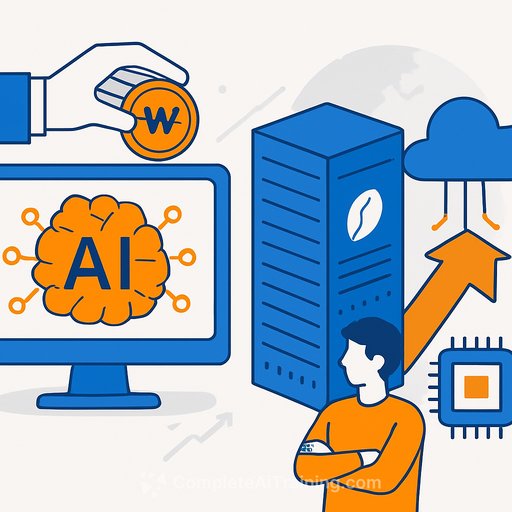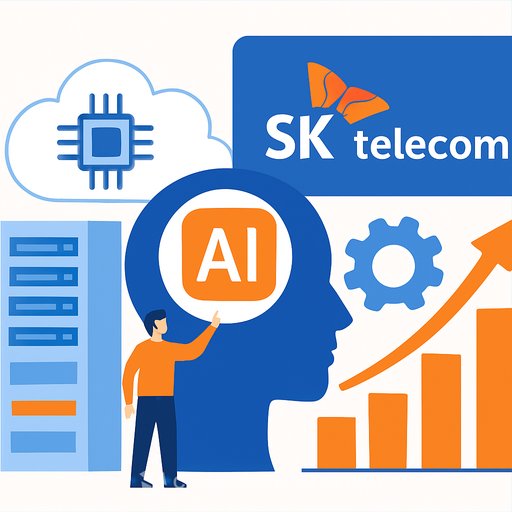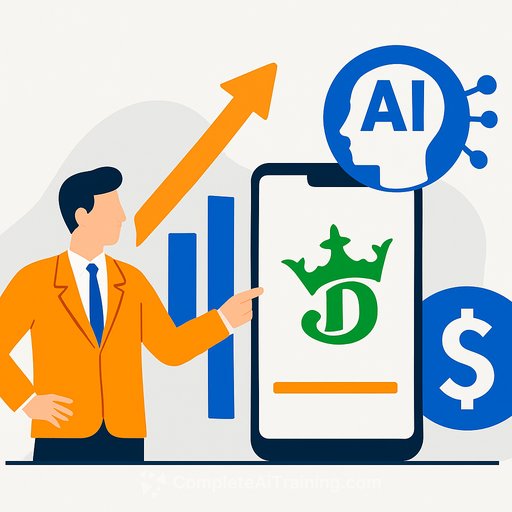AI Strategy: Is AI Damaging the Credibility of Climate Action?
Executives are feeling the squeeze. New research from Capgemini shows rising pressure to prove science-based progress to net zero while budgets, geopolitics, and data gaps slow execution. Investment is going up, yet implementation and credibility are slipping. AI is part of the solution-and part of the scrutiny.
Cyril Garcia, Head of Sustainability and Corporate Responsibility at Capgemini, puts it plainly: "Sustainability is no longer a side conversation. It's becoming central to business strategy, resilience and long-term value."
What the data says-credibility is under strain
- About two-thirds of executives are under pressure to show credible, science-based progress to net zero.
- Consumer perceptions of greenwashing jumped from 33% in 2023 to 62% now.
- Only 21% of organisations have comprehensive transition plans with interim targets and capital allocation.
- 82% target net zero by 2041 or later; 92% have not accelerated timelines.
- 82% plan to increase environmental sustainability investment in the next 12-18 months (up from 64% in 2024).
- 66% treat sustainability as a core investment criterion; 59% see a strong business case.
- Only 22% think sustainability costs outweigh benefits.
- Front-runners dropped to 1% from 7% in 2024-progress is slowing despite intent.
- 65% cite geopolitical tensions as headwinds, along with budget limits, operational silos, and weak data/measurement.
AI's role: value, risk, and the energy bill
AI is now part of most sustainability playbooks: 64% of executives say their organisation uses it to support the agenda. Yet reported use of generative AI for sustainability fell from 65% in 2024 to 52% in 2025. Boards are paying attention, with more than half discussing GenAI's sustainability impact.
Agentic AI-systems that can manage and execute end-to-end processes, not just predefined tasks-is early but rising. 29% of executives say their organisation uses or plans to use agentic AI for sustainability. The upside is operational speed and closed-loop execution; the risk is energy intensity, model sprawl, and unclear governance.
CSO strategy: convene the enterprise and move faster
At Sustainability LIVE Chicago 2025, Capgemini leaders pushed a simple message: treat sustainability as growth, profit, and risk-not a side project. Act before conditions are perfect.
Miguel Sossa-Mardomingo, Vice President and Deputy Americas Sustainability Lead at Capgemini, joined The CSO Strategy Forum to underscore urgency. Sol Salinas, Executive Vice President, Sustainability Lead for the Americas at Capgemini, added: the CSO's role is a convening role, reliant on procurement, supply chain, IT, HR, marketing, and more. The more sustainability leaders engage their peers, the higher the odds of execution at scale.
Executive actions for the next 90 days
- Publish a credible transition plan: interim targets, funding, milestones, and accountability. Align with science-based guidance and disclose progress quarterly.
- Tie capital to outcomes: require a decarbonisation or resilience KPI for every material investment case. Link incentives to delivery.
- Set AI guardrails: measure AI's energy use, set model selection standards, and require green-by-default infrastructure. Report AI-related emissions transparently.
- Pilot agentic AI where it matters: focus on high-impact processes (e.g., facility energy management, route optimisation, demand forecasting) with clear baselines and savings targets.
- Fix data and silos: deploy a unified carbon and resource data layer with automated collection, audit trails, and scenario analysis. Assign a single owner for measurement quality.
- Anticipate geopolitics: run supply risk scenarios, build dual-sourcing options, and maintain a ring-fenced budget for critical decarbonisation projects.
- Close the credibility gap: obtain third-party assurance for claims, standardise messaging, and train sales/marketing to avoid exaggerated language.
- Mobilise the line: embed sustainability KPIs into P&L owner scorecards and procurement policies; require supplier transition plans for renewals.
Board questions to raise this quarter
- Do we have a funded transition plan with interim targets and capital allocation, reviewed at each board meeting?
- Which 3-5 processes will deliver most of our near-term emissions and cost reductions? Who owns them?
- What is our AI energy baseline, and how are we reducing it while scaling use cases?
- Where will geopolitics derail our path in the next 18 months, and what contingency is in place?
- How are we verifying claims to avoid greenwashing and meet rising consumer scrutiny?
- What incentive changes will accelerate cross-functional delivery in the next cycle?
Why credibility now defines value
Investment signals are positive, but delivery defines reputation and resilience. With consumer trust sliding and front-runners shrinking, the market will reward companies that show clear plans, execute visibly, and report with discipline. AI can speed up outcomes, as long as its footprint and governance are managed with the same rigor.
For science-based target setting, see guidance from the Science Based Targets initiative. For Capgemini research, explore their research library.
If your leadership team needs practical AI upskilling to run data-driven, low-carbon operations, explore curated executive pathways at Complete AI Training.
Your membership also unlocks:





